
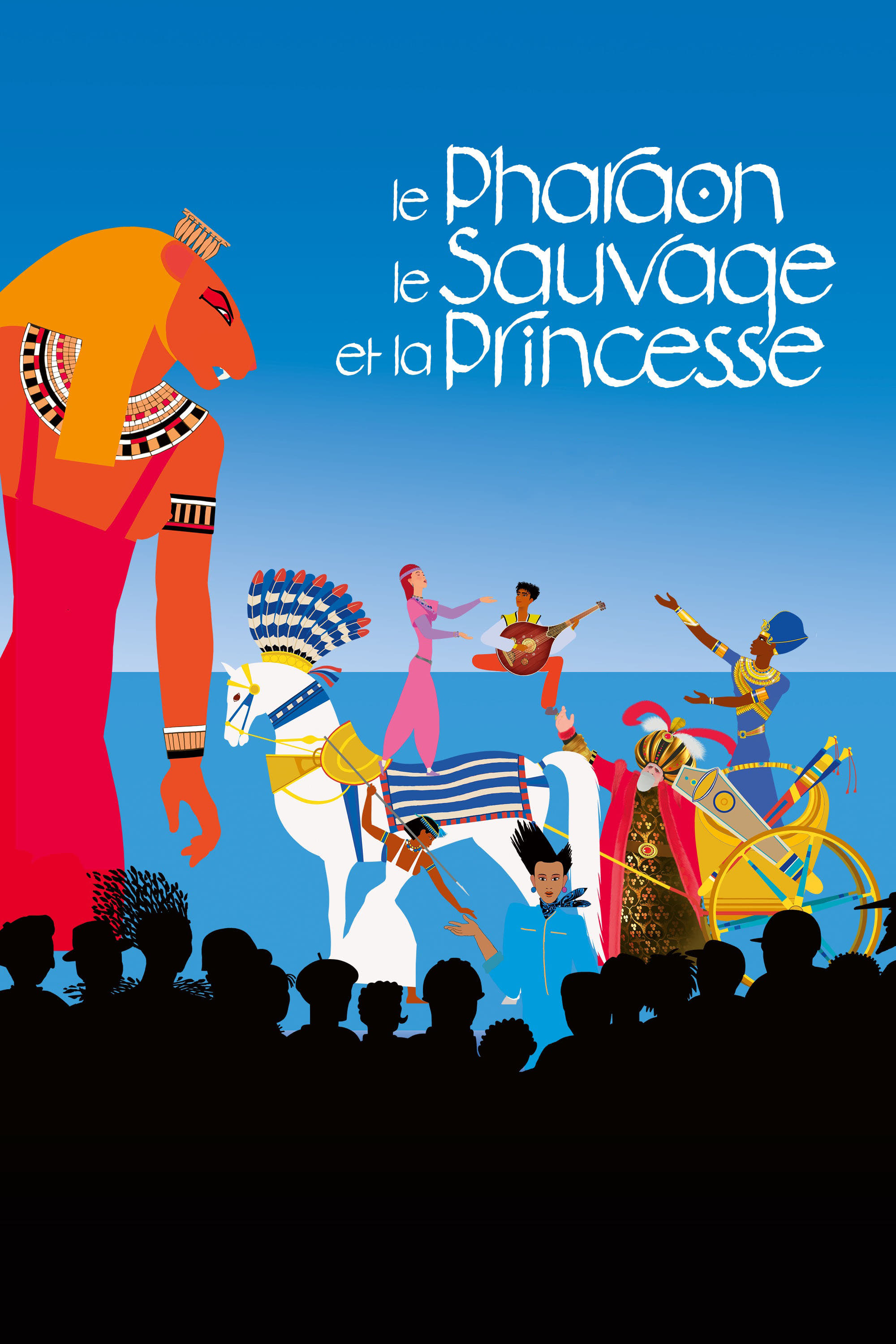
Three tales, three ages, three worlds. At the time of Ancient Egypt, a young king becomes the first black pharaoh to deserve the hand of his loved one. During the French Middle Ages, a mysterious wild boy steals from the rich to give to the poor. In 18th-century Turkey, a prince of pastries and a princess of roses escape the palace to live their love.

On election night in 1981, celebrations spill out onto the street and there is an air of hope and change throughout Paris. But for Elisabeth, her marriage is coming to an end and she will now have to support herself and her two teenage children. She finds work at a late-night radio show and encounters a troubled teenager named Talulah whom she invites into her home.
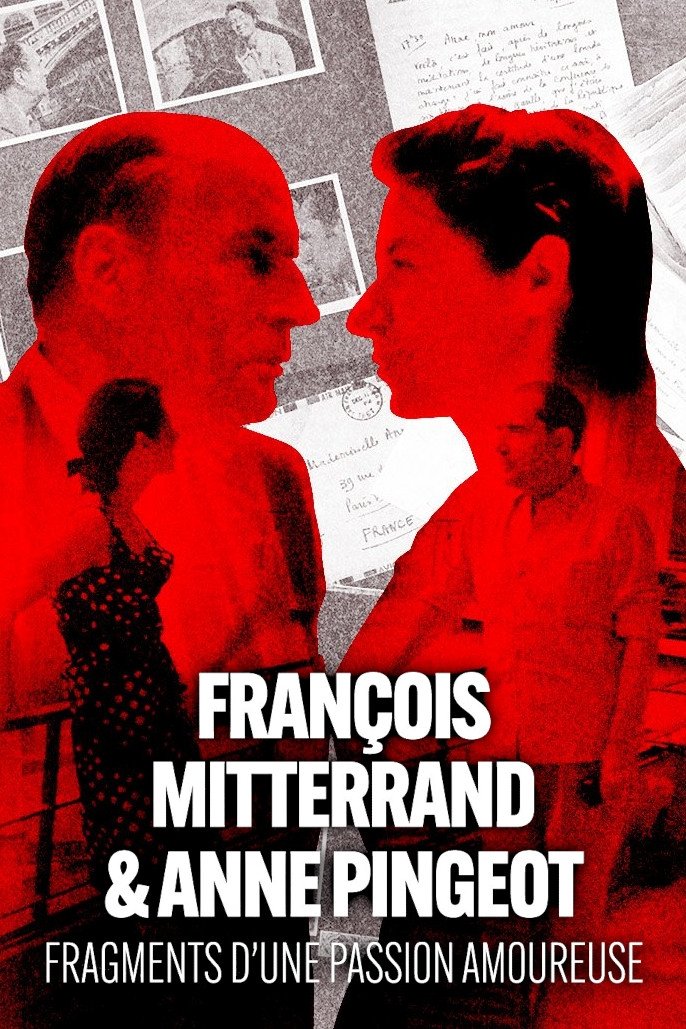
In the summer of 1963, François Mitterrand was going through a deep existential crisis. His political career was at a standstill and, after 19 years of marriage, the couple had grown apart. It was at this point that François Mitterrand met the woman who was to give new meaning to his life. Anne Pingeot, aged 19, was to become the companion of a lifetime, a woman who would be with him throughout his rise to power and who would remain by his side until his last breath. For the first time, Anne Pingeot has agreed to allow the fragments of this passionate love story — hundreds of letters and a diary — to be shown on television, before being donated to the National Library.
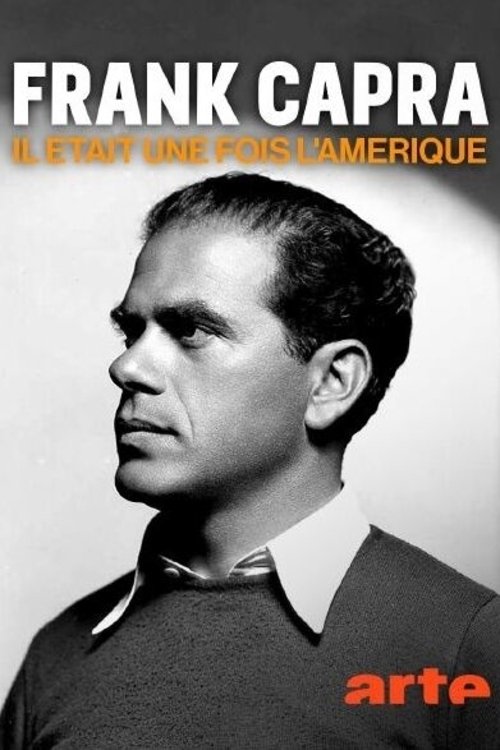
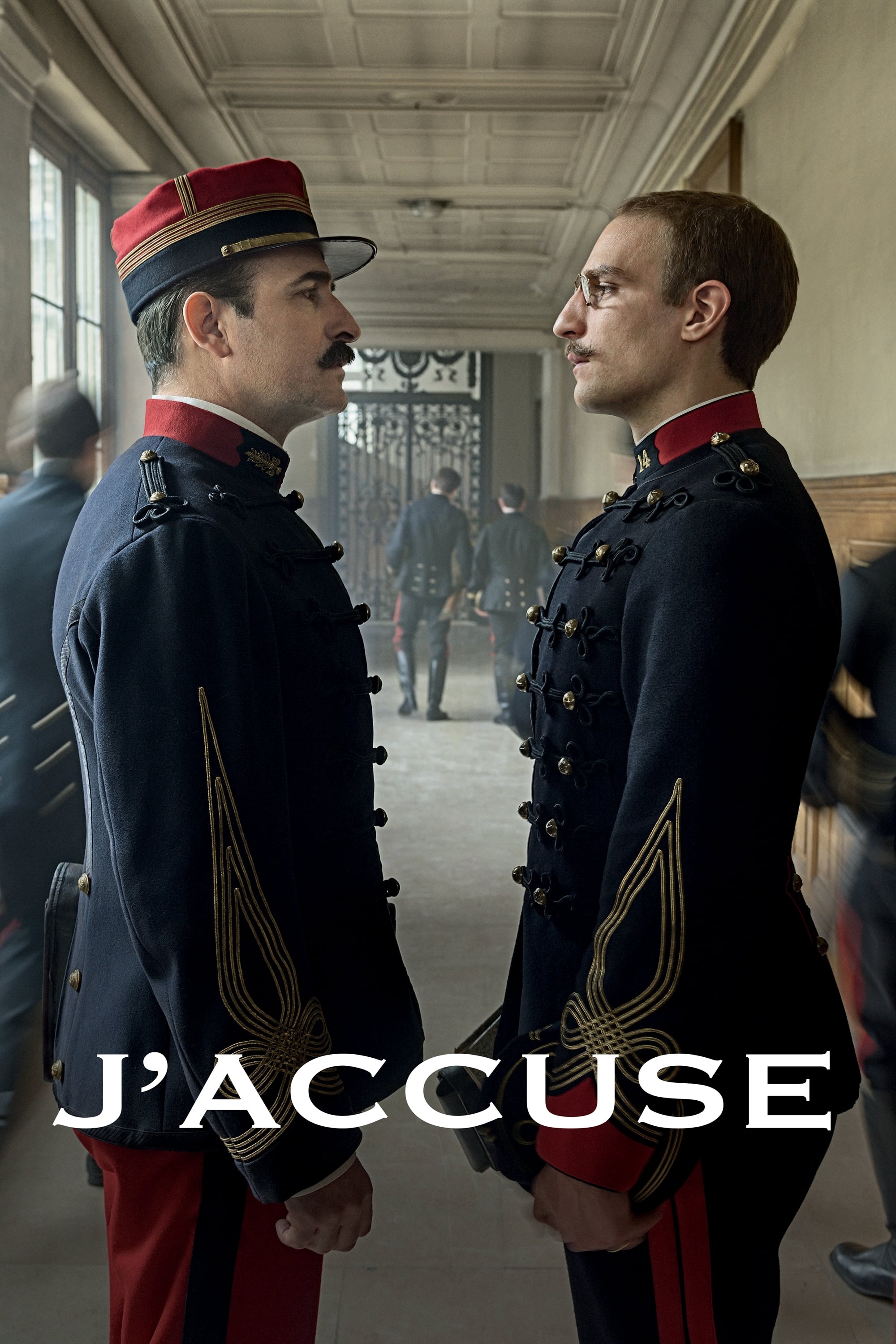
In 1894, French Captain Alfred Dreyfus is wrongfully convicted of treason and sentenced to life imprisonment at the Devil’s Island penal colony.

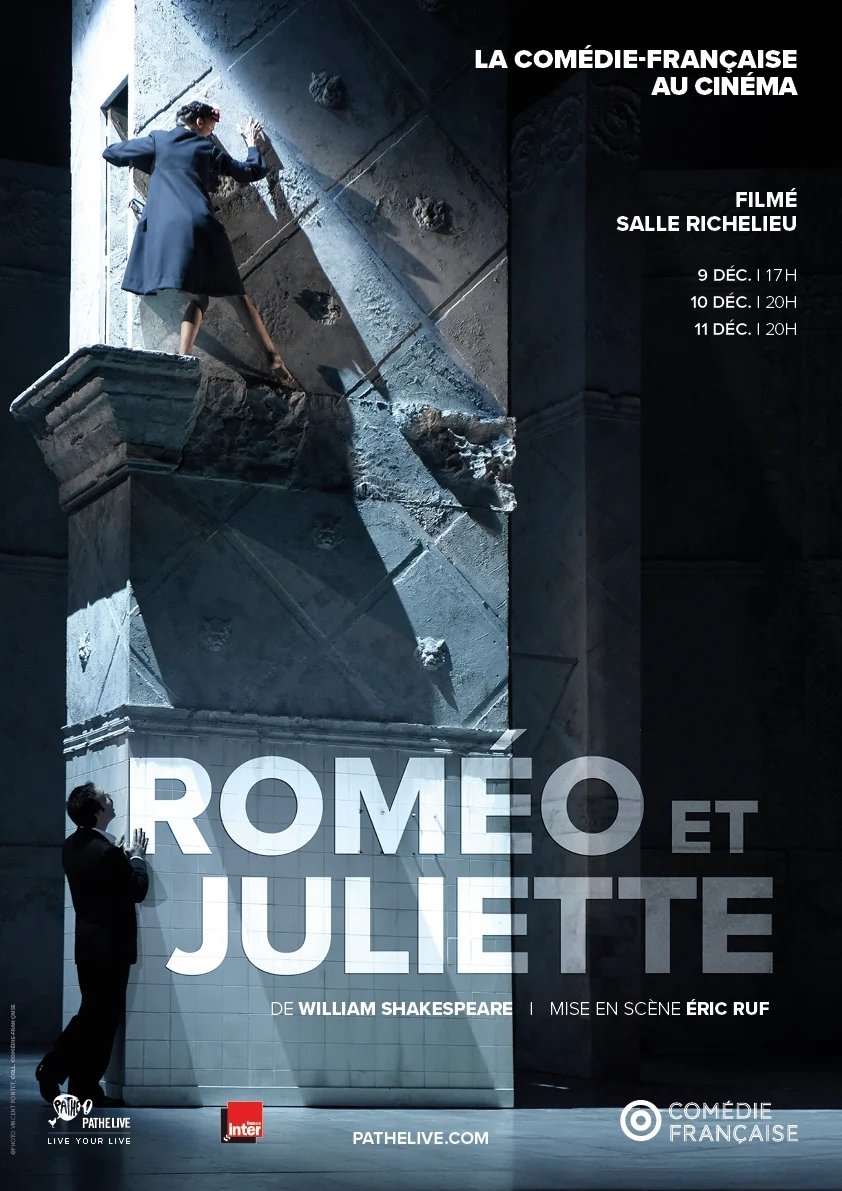
An adaptation of William Shakespeare's play "Romeo and Juliet", staged by Éric Ruf.
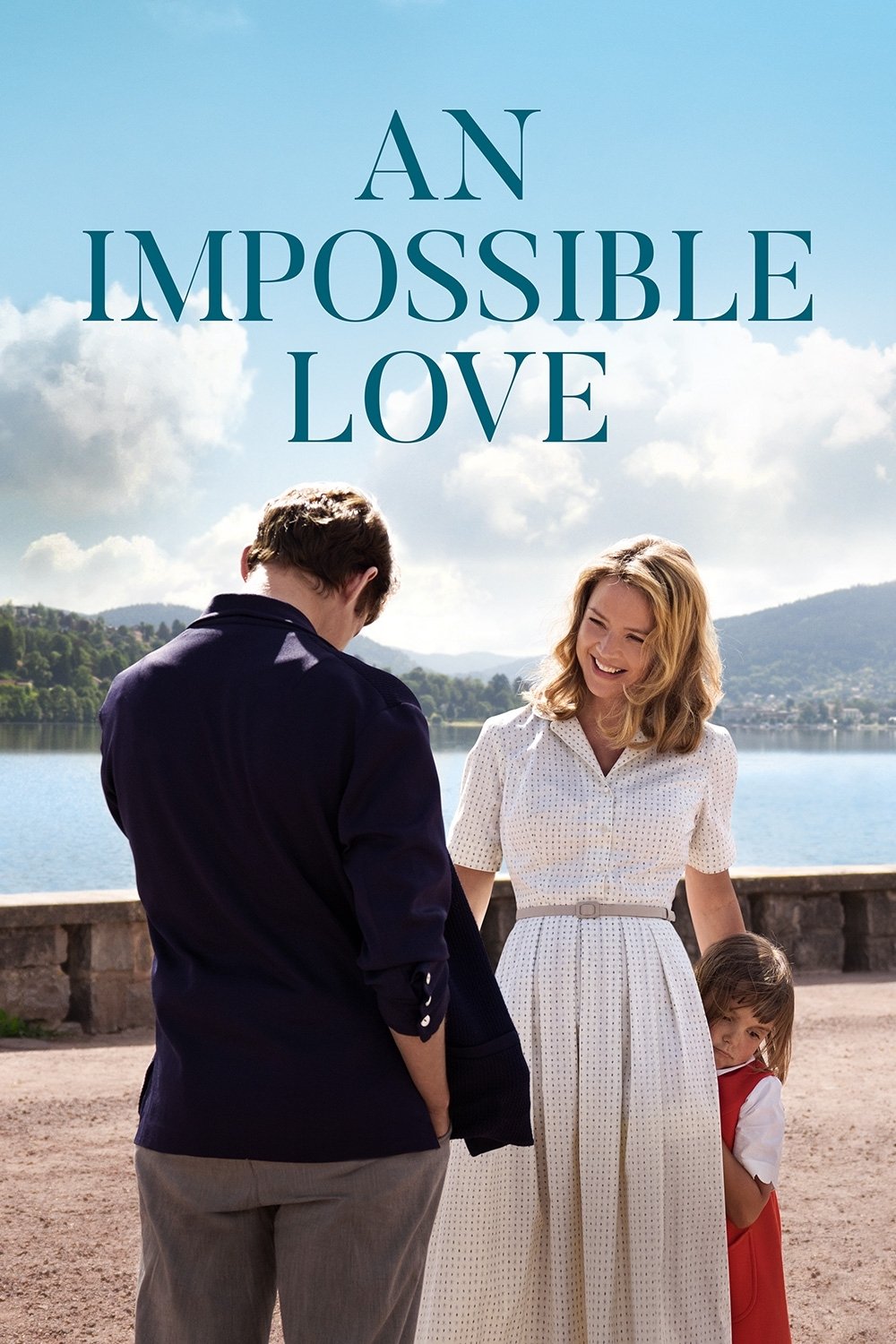
A chronicle of the unconditional love between a mother and her daughter, from 1958 to the present day, which is endangered by an unsteady and manipulative father.
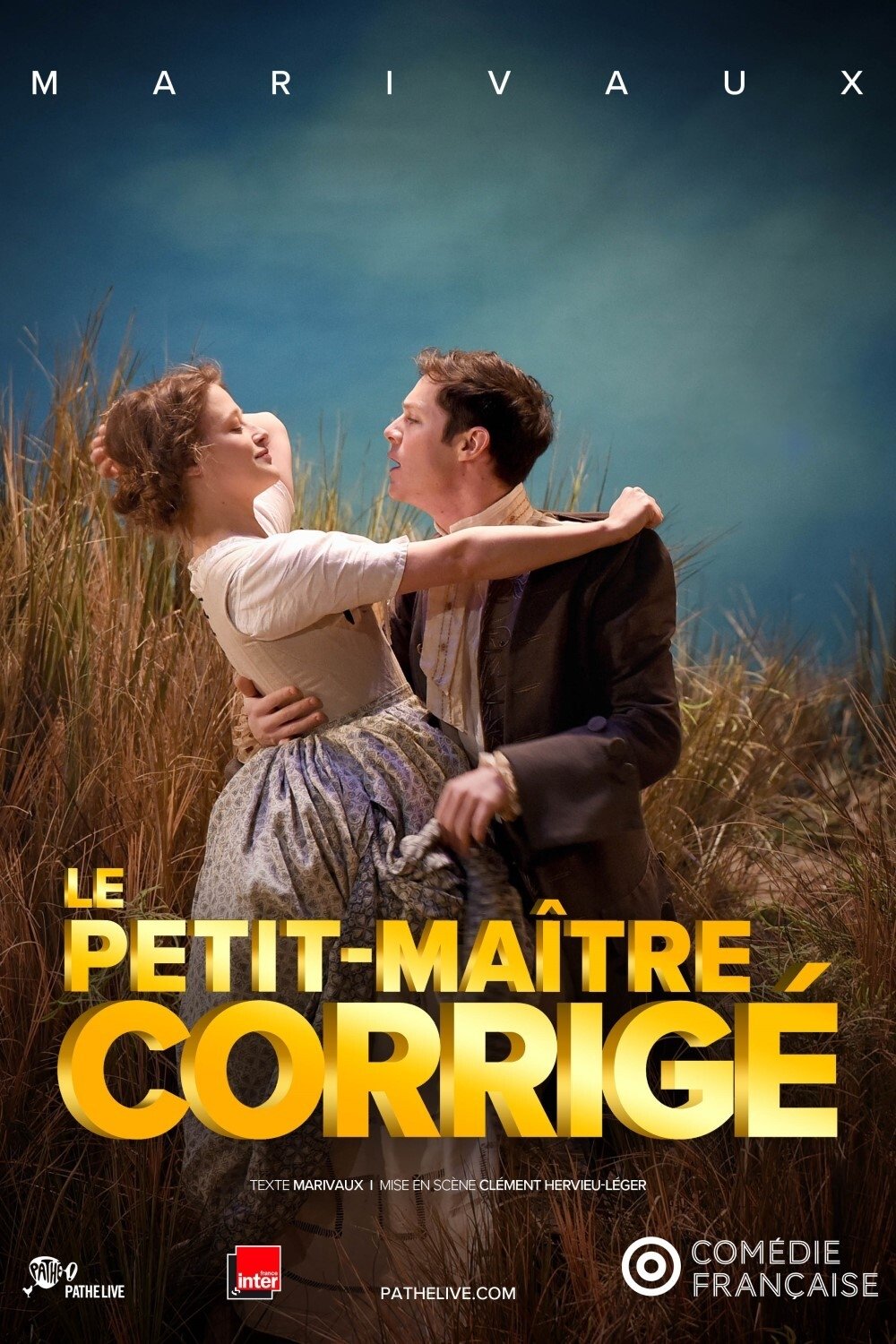
Le Petit-Maître corrigé is a three-act romantic comedy by French playwright Marivaux. It was first performed on November 6, 1734, by the Comédie-Française in Paris. In this production Clément Hervieu-Léger makes the eighteenth century resonate with our era, all the more so given that the language is “simpler than in other Marivaux plays, while still as refined, precise and full of humour”. The story is that of a young Parisian whose parents have found a good match for him, a count’s daughter. But when he goes to visit her in her country home, the handsome boy – whose Parisian manners are far removed from the rules of decorum that reign in the provinces – cannot open his heart to his lovely intended. Stung, the latter decides to punish his arrogance while a former lover arrives to prevent the marriage. Between the alliance of master and manservant, and the complicity of mistress and maid, a romantic intrigue ensues full of light-hearted conspiracies and feverish emotions.
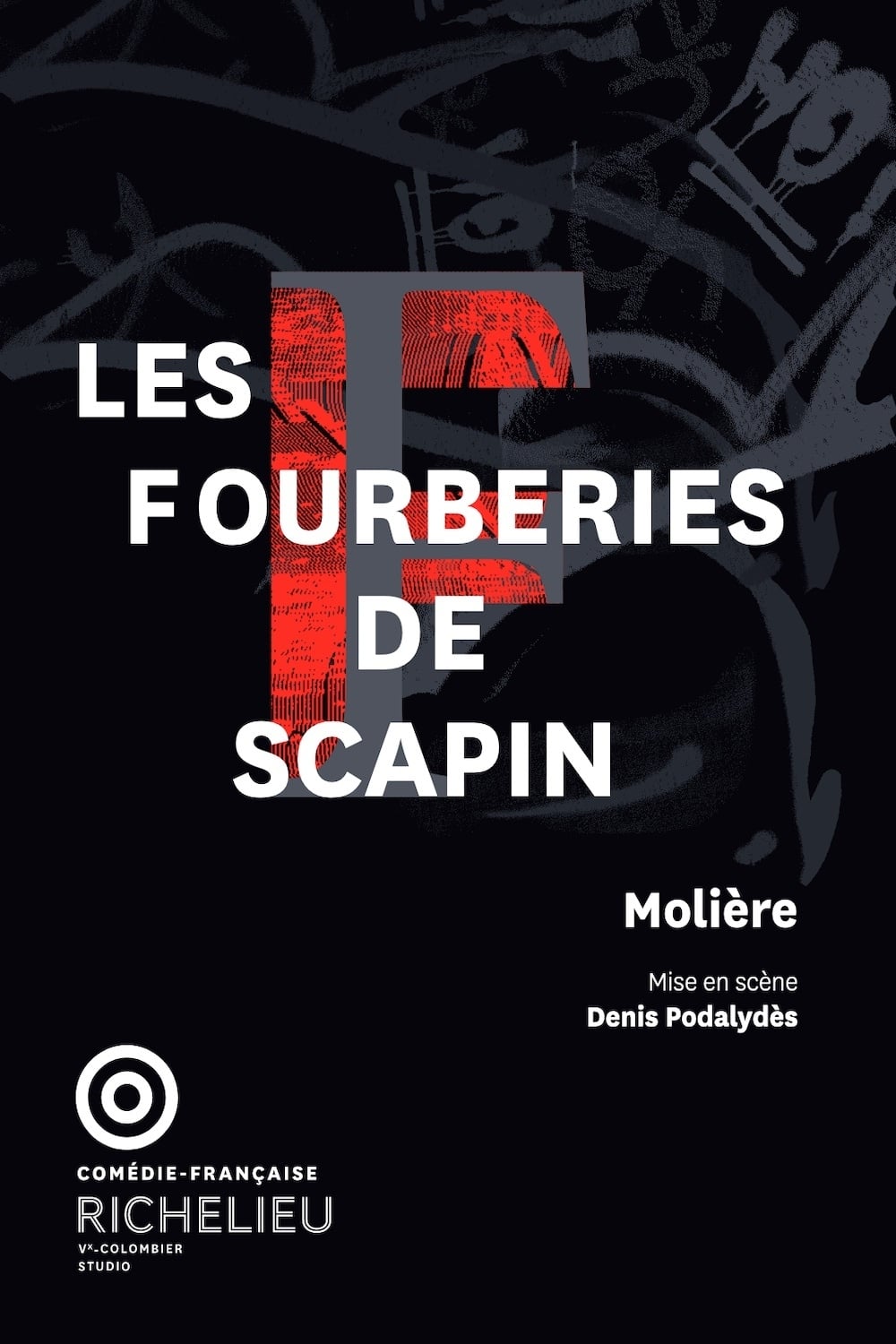
The action is set in Naples, opening a door onto an imagined maritime world stretching towards the Orient. Faced with two authoritarian fathers, two sons, both of whom are thwarted lovers, turn to the crafty Scapin, who is driven by a mad desire for revenge. The character is a double of Scaramouche, the Italian actor of the adventurous life whom Molière admired: “to tell you the truth, there are few things that are impossible for me, when I put my mind to them” declares the buffoonish servant whose name, as Denis Podalydès points out, derives his from the Italian scappare which means “to escape”, “to scamper off”. Scapin is beaten with a stick at one point but also gets his own back and, against a background of ransom demands and paternal contradictions, he comes up with an avalanche of stratagems and other tricks, which Molière excels in depicting.
By browsing this website, you accept our cookies policy.